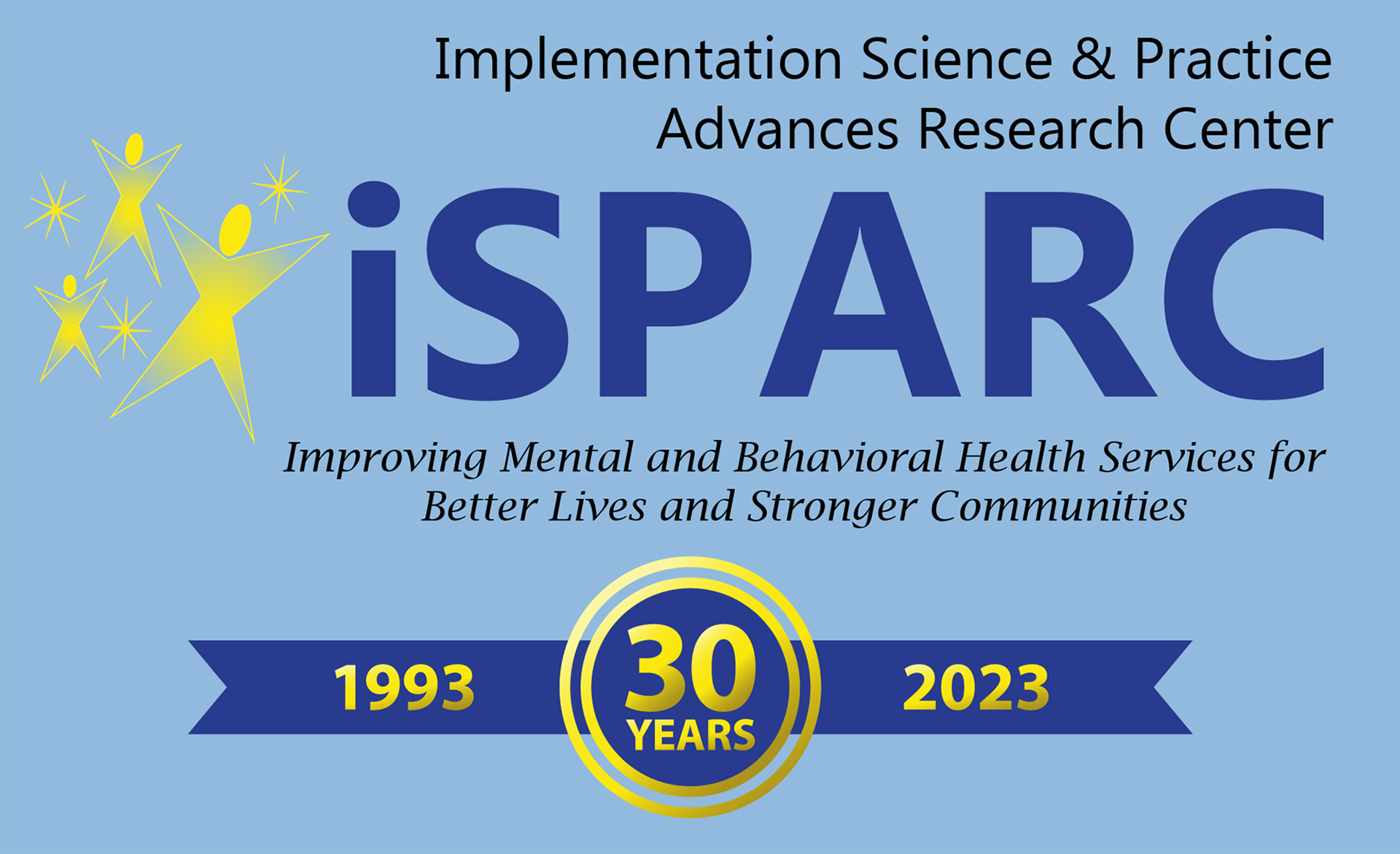Re-Conceptualizing & Boosting Engagement for Young Adults with Serious Mental Health Needs in Community-Based Services
Re-Conceptualizing & Boosting Engagement for Young Adults with Serious Mental Health Needs in Community-Based Services
Tuesday, November 19, 2019
Vanessa Klodnick, Ph.D., L.C.S.W., Youth & Young Adult Services Director of Research & Innovation at Thresholds
This webinar examines the complexity of service engagement for 18-25 year olds enrolled in multidisciplinary team-based services. Participants will learn that engagement is a process, experience, relationship and outcome. Findings from a study using mixed-methods to examine service exits and experiences will be discussed. New practice principles of young adult engagement will be proposed. This webinar has implications for direct care providers, state and agency administrators, policy makers and researchers who aim to boost engagement among vulnerable young adults through multidisciplinary, community-based treatment team models, including first-episode psychosis and clinical high risk for psychosis programs across the country.
Webinar Archive
-
Transforming Community Mental Health
-
Promoting Positive Youth Development in Juvenile Justice Settings: What Do We Need to Know?
-
Pathways to Self Sufficiency: Career & Technical Education for Youth with Emotional Disturbances
-
Academic Coaching for College Students with Mental Health Conditions by Peer Students: Pilot Results
-
Going Virtual: How 3 Young Adult Focused Services Pivoted to Virtual Platforms in 2020
-
Tips and Tricks to Developing and Sustaining a Family Advisory Board
-
Closing Gaps in Perinatal Mental Health Care by Building the Capacity of Frontline Providers
-
Supporting Youth Vocational Goals with Mental Health and Vocational Rehabilitation Collaboration
-
Are You a College Student with a Mental Health Condition? Managing the Wake of COVID: Strategies & Tools to Finish Your Semester
-
Q&A for Supporting College Students with Mental Health Conditions in the Wake of COVID-19 Webinar
